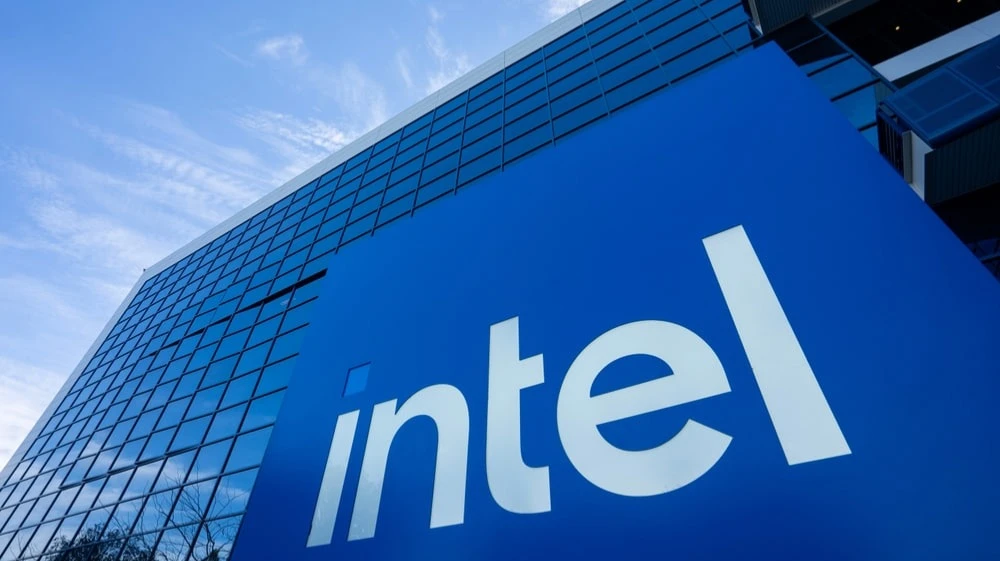Highlights for the morning: Canada's duties, Intel and TSMC squabble, China finds its way to Nvidia chips

Leading Chinese companies - Alibaba and ByteDance - are training their artificial intelligence models abroad to gain access to Nvidia chips, Financial Times sources claim. One of China's largest developers, Vanke, has requested a delay in payments, causing its bonds to collapse and alarm across the sector. On these and other topics - in our review of key events by the morning of November 27.
Chinese tech giants train AI overseas, circumventing US restrictions
Major Chinese companies - including Alibaba and ByteDance - have begun training new large language models in data centers in Southeast Asia to gain access to Nvidia chips and circumvent U.S. restrictions on the supply of advanced AI processors, the Financial Times has learned. In particular, Chinese companies are renting capacity in Singapore and Malaysia, the newspaper's sources said. According to them, the volume of such "offshore" training has been growing since the U.S. tightened export controls on H20 chips in April.
The exception was DeepSeek, which has stockpiled Nvidia chips in advance and is training the model in-house, while collaborating with Chinese chipmakers led by Huawei to create a new generation of AI processors, the paper notes.
Vanke's problems have heightened anxiety in China's real estate market
Chinese developer Vanke - previously one of the most resilient in the industry - requested a delay on a 2 billion yuan local bond repayment, plunging its bonds to historic lows and raising doubts about Beijing's willingness to support even the biggest developers, Bloomberg reports. The company's move was a blow to a market still recovering from the collapse of giants Evergrande and Country Garden. The price drop has spread to other developers, and investors fear widespread market contagion if Vanke defaults or writes off debt, the agency said.
The situation has shown how limited the authorities' ability to balance market support with a reluctance to rescue individual companies is, it points out. Despite loans from major shareholder Shenzhen Metro, Vanke still has a large gap between cash and short-term debt, and sales have halved. Amid discussions of new measures to stimulate the sector, including subsidizing mortgage rates, analysts warn: Vanke's default will undermine the effect of government support, accelerate the decline in housing prices and increase pressure on the entire sector, concludes Bloomberg.
Intel rejects TSMC's allegations of technology leaks
Intel has denied TSMC's claims that its former top manager Wei-Jen Lo, who moved to the American company, could have passed trade secrets to a competitor, Yahoo Finance writes. The American chipmaker said the allegations are unfounded and recalled the strict internal rules that prohibit the use or transfer of other people's confidential information. Wei-Jen Lo has worked at TSMC for more than 20 years, played a key role in launching mass production of a number of chips of the Taiwanese company, and before that worked at Intel for 18 years.
TSMC has filed a lawsuit against Intel. It says there is a "high probability" that a top executive may have used or disclosed its secrets. Taiwan's economy ministry said it will check whether the case involves key technologies or violations of national security law, which could raise the stakes in the conflict between the world's two biggest semiconductor players, Yahoo Finance notes.
Canada imposes new duties on steel of 25%
Canadian Prime Minister Mark Carney announced the imposition of 25 percent duties on steel derivative products - from wind turbine towers to fasteners and wire - worth about 10 billion Canadian dollars, Bloomberg writes. About 40 percent of such products are typically imported from the U.S., making the move the first expansion of Canadian duties on U.S. goods since most restrictions were lifted in September.
The measures are aimed at protecting the Canadian steel industry, hurt by the trade war and the influx of cheap Chinese metal, although Carney emphasizes that the new rate is "not aimed at the U.S." but is part of a global approach. At the same time, Canada extended for the last time the deadline for applying for duty exemptions for companies that use U.S. steel in manufacturing and agribusiness, the agency points out.
What's in the markets
- Japan's broad Topix index was up 0.4 percent, while the Nikkei 225 was up 1.3 percent.
- Hong Kong's Hang Seng Index added 0.4 percent, while mainland China's CSI 300 Index added 0.2 percent.
- In South Korea, the Kospi index was up 0.6 percent and the Kosdaq was up 0.4 percent.
- Australia's S&P/ASX 200 rose 0.1 percent.
- There will be no trading in the US markets today due to the Thanksgiving holiday.
This article was AI-translated and verified by a human editor
